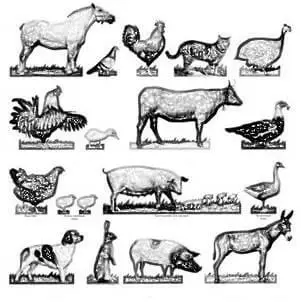This proverb is recorded in English from quite an early date. A version of the expression appeared in the published works of William Camden in the 17th century. Camden was an interesting character; a historian and one of the select few who could write ‘Herald’ as his job description. He was one of three senior heralds of the College of Arms under Queen Elizabeth I. In 1605, Camden collected together his miscellaneous notes on English and Classic history and published them under the title Remaines of a Greater Worke Concerning Britaine. He didn’t put his name to the work and dismissed it as “the rude rubble and out-cast rubbish… of a greater and more serious worke”. The book was republished in several versions and included this proverb:
If wishes were thrushes, then beggers would eat birds
Acquiring thrushes has now somewhat gone out of fashion as an aspiration of beggars. However, if eating thrushes is your thing, Camden is your man.
It is clear that the ‘horses’ and ‘birds’ versions are essentially the same proverb. Other 17th century versions also exist, including ‘if wishes were buttercakes, beggers might bite’, which was recorded in John Ray’s A Collection of English Proverbs, 1670.
The first known citation of the proverb in the form we now know it is in James Carmichaell’s Collection of Proverbs in Scots:
If wishes were horses, beggers wald ryde.
The date of Carmichaell’s work is unclear but it does appear to have been published in his lifetime and he died in 1628. Whether it was Carmichaell or Camden who first recorded the proverb is currently uncertain.
See also: the List of Proverbs.

